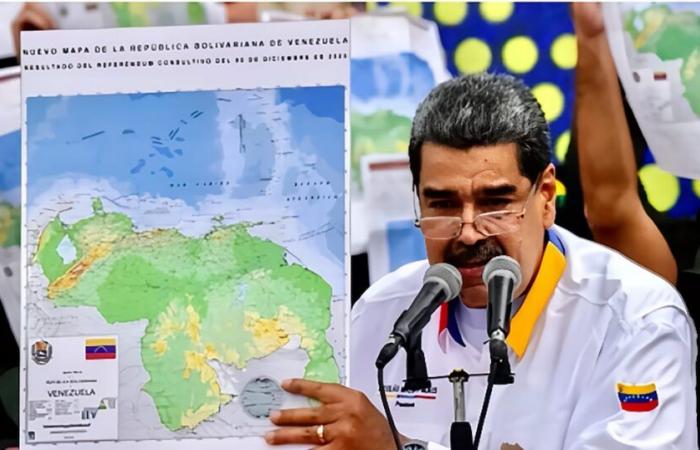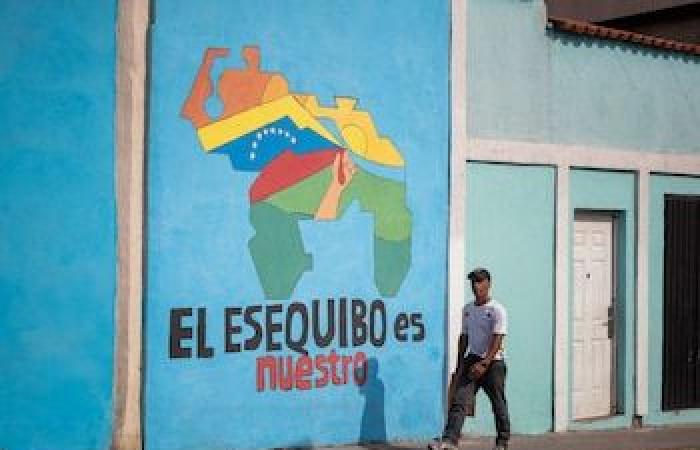The International Court of Justice (CIJ) reaffirmed his provisional measures granted in December 2023 on Thursday and ordered Nicolás Maduro’s dictatorship refrain from celebrating or preparing elections in the region of the ESEQUIBOin dispute with Guyana.
“Once again, Guyana’s position has prevailed. Once again, it has been shown that Guyana’s position fits international law. The Guyana government celebrates this decision,” said Guyanés President, Irfaan Ali.

The Court indicated in its text, published on Facebook by Ali, that these provisional measures must be implemented in a “immediate and effective” way.
“Pending a definitive decision on the case, the Bolivarian Republic of Venezuela You will refrain from holding elections or preparing elections in the territory in dispute, That the Cooperative Republic of Guyana currently manages and on which it exercises control, ”he said.
The Chavista dictatorship has declared its intention to carry out elections on May 25 in the territory of Esequibo and, last Tuesday, began the campaign for these regional elections.

All this despite the fact that on December 1, 2023, the ICJ ordered Venezuela to refrain from taking any action that modifies the current situation in the territory in dispute.
In March 2025, Guyana again requested the CIJ provisional measures to prevent Venezuela from celebrating elections in the territory disputed, arguing that such actions They would violate the order of 2023 and would alter the status quo.
The Esequibo dispute intensified after the discovery of oil deposits in the region. Guyana presented the case to the ICJ in 2018, looking for a legal resolution to conflict, But Venezuela questions the jurisdiction of the Court.

In December 2023, the Chavista regime carried out a referendum in which he consulted its population about the creation of a new State in the Esequibo and the concession of Venezuelan citizenship to its inhabitants.
The discovery of oil deposits in Altamar by Guyana, which with the recent arrival of the ship ‘One Guyana’ hopes to raise their daily production capacity to some 900,000 raw barrelshas added a political and economic dimension to the territorial dispute of more than a century between this country and Venezuela for the sovereignty of the Esequibo, experts said experts EFE.
The controversy for this territory, of almost 160,000 square kilometers, has increased in recent weeks after the announcement of Chavismo to choose, for the first time, a governor and deputies for that area.

Meanwhile, Georgetown denounced the presence of Venezuelan ships on an oil production platform of ExxonMobil, While the United States warned Caracas that it would be “a big mistake” to attack Guyana militarily.
Guyana became the richest per capita country in the region for crude oil and, according to estimates, in the coming years it will exceed one million barrels of daily oil (BPD), a significant jump from its beginning in production in 2019 and 400,000 BPD more than its current level, he told EFE Francisco Monaldi, Economist and director of the Latin American Energy Program of the Rice University.
(With EFE information)







